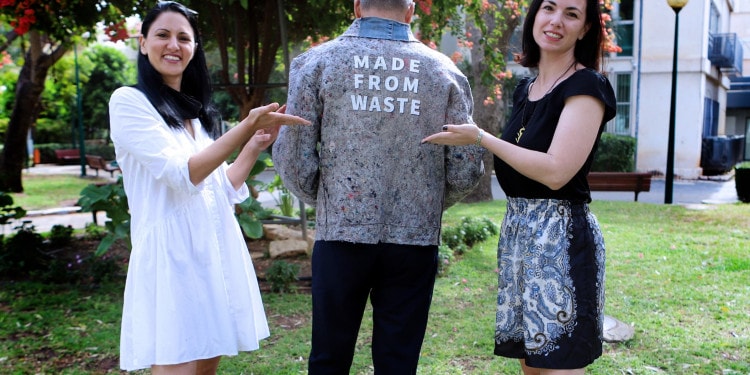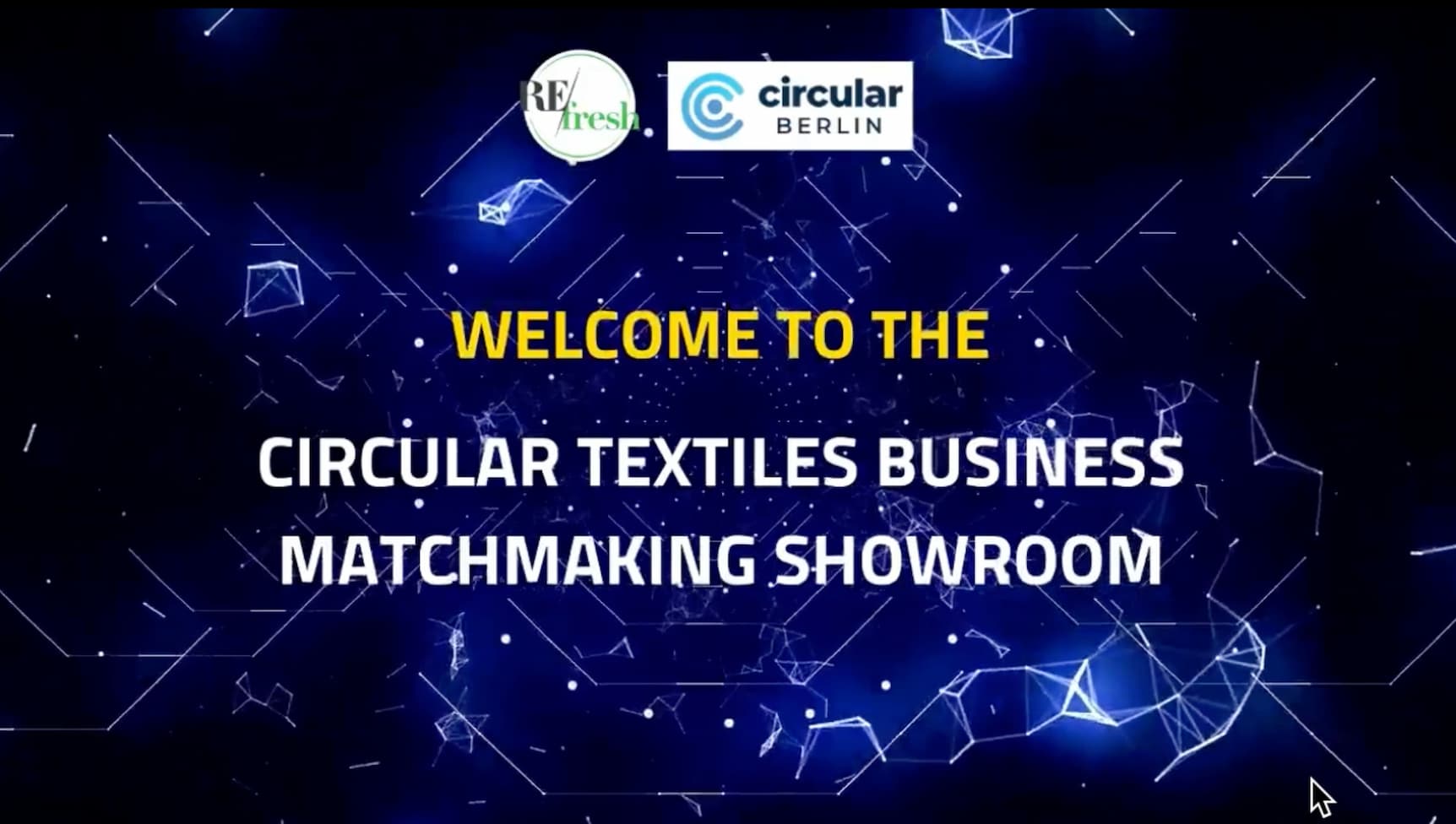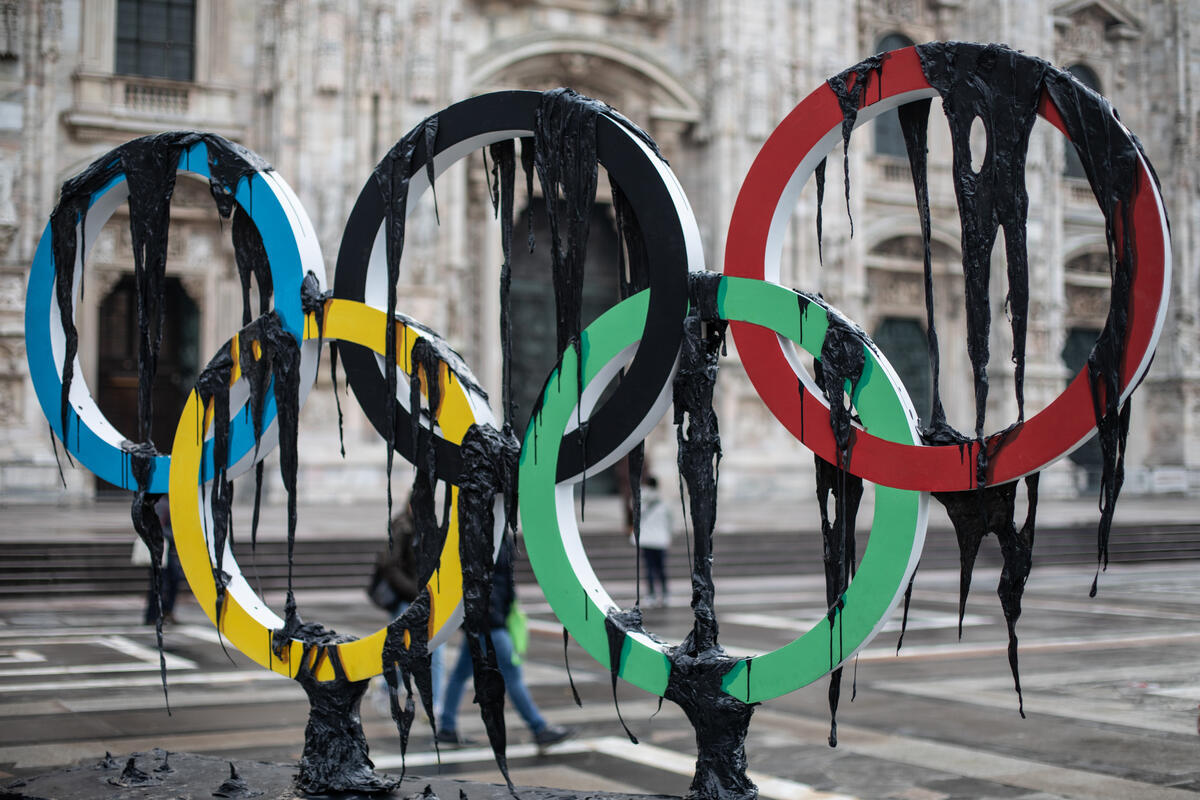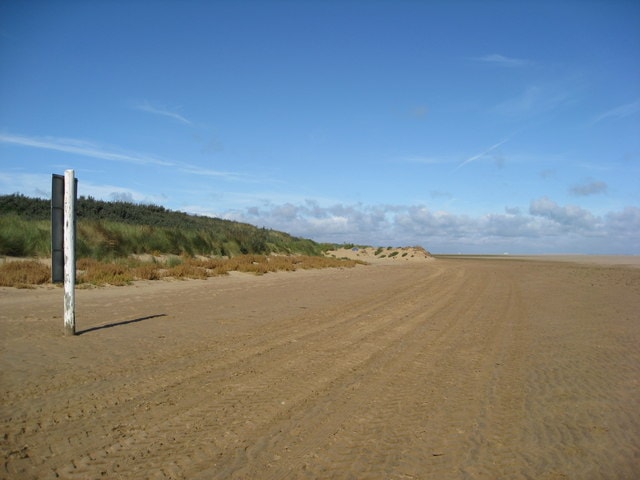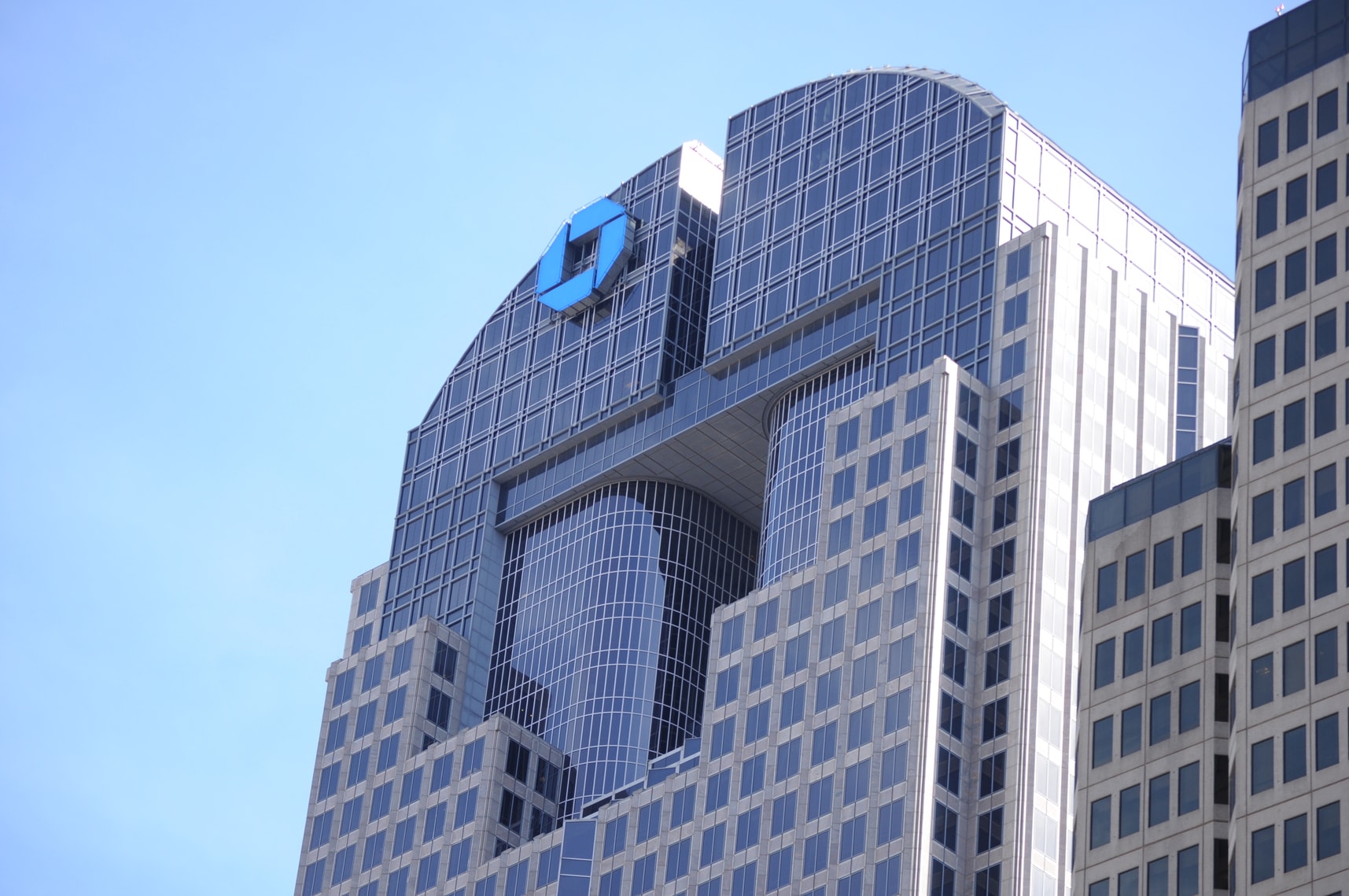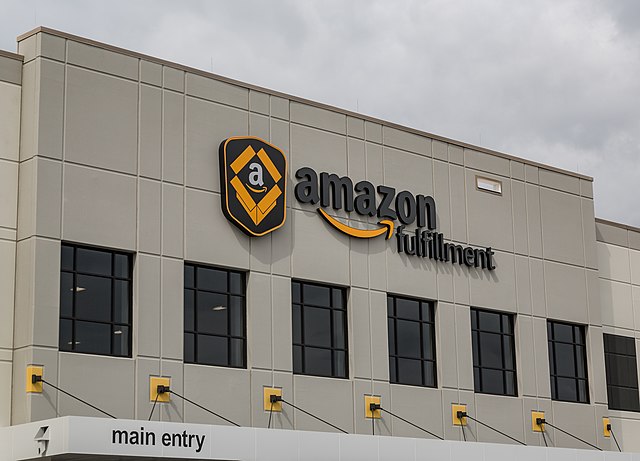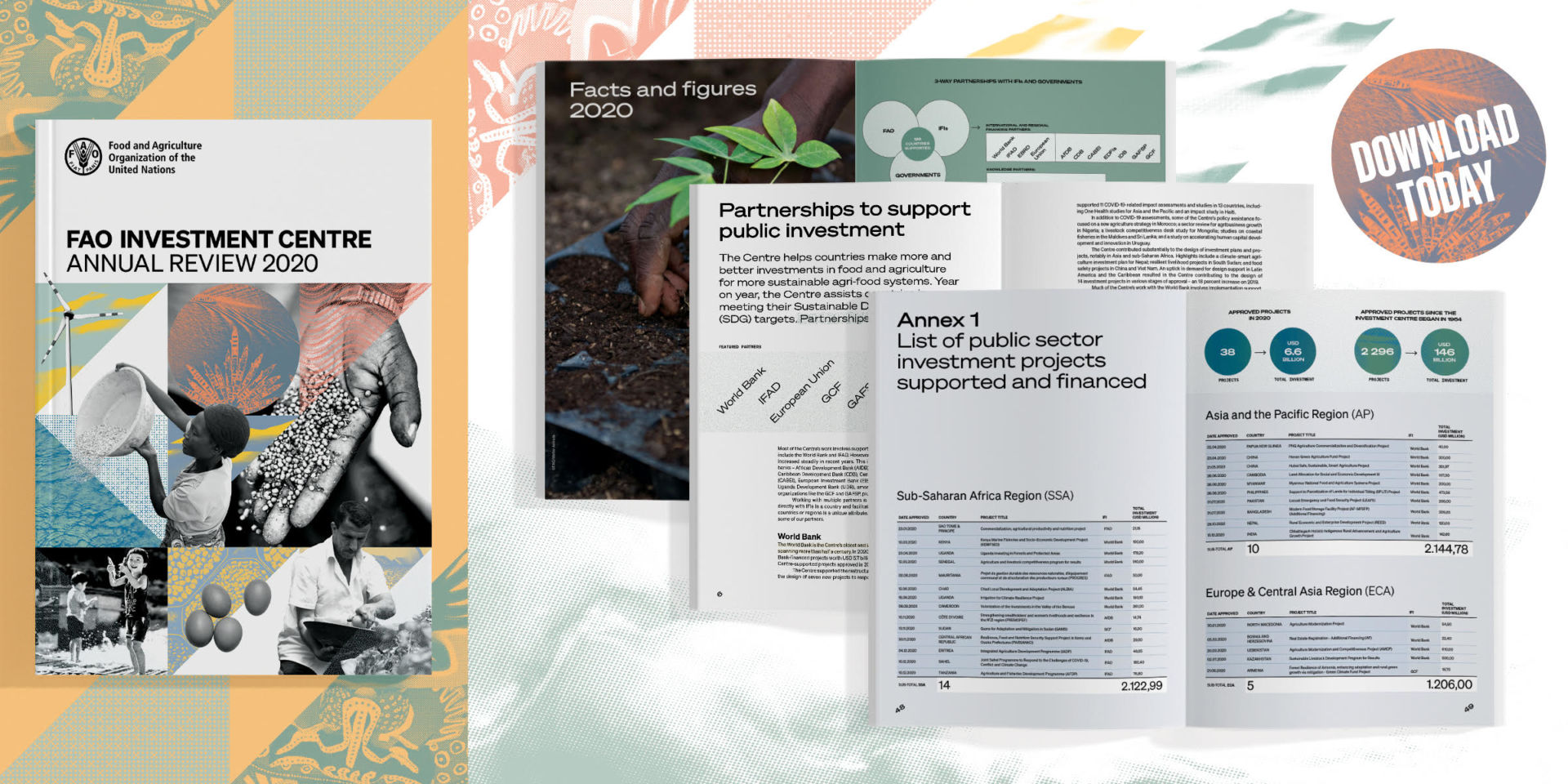On the 17th of June, the first-ever Circular Textiles Business Matchmaking Showroom took place in a hybrid format, both online and at Expo Tel-Aviv. Organized by Re-Fresh Global in partnership with Circular Berlin, the event was the first of its kind, making it even more special as two countries, Germany and Israel, came together to tackle a huge problem the textile and fashion industry is facing: waste management.
The focus of this event was on collaboration. As Viktoria Kanar, co-founder of Re-Fresh Global, mentioned: “The most important message that I have for everybody is: let’s create partnerships. This is the only chance we have to tackle the problem.” To understand the pressing need to address this problem and find solutions, one must comprehend how much the industry is damaging our planet:
“The fashion industry produces 150 billion textile items each year, which is twice as much as what actually gets sold. Today, only 1% of discarded textile waste is recycled back into the textile industry. Over 85% of textile waste ends up in landfills or in incineration. 60% of all textiles are made from plastic materials. The fashion industry is considered the second most polluting after oil.”
On this note, the event brought different stakeholders from the textile and fashion industry together, to open up a dialogue – and exchange ideas that are already being implemented – to make the industry more sustainable and circular. Key speakers were:
Viktoria Kanar (Co-founder of Re-Fresh Global)
Arianna Nicoletti (Textiles and Fashion Lead of Circular Berlin)
Eitan Ben Ami (Director of the Environment and Sustainability Authority Tel Aviv-Jafo Municipality)
Sagee Aran (Head of Global Marketing of NILIT)
Jack Bigio (CEO of UBQ Materials)
Thimo Schwenzfeier (Show Director of Neonyt).
The event opened up with an introduction by Viktoria Kanar, who was also in charge of leading the panel. Alongside Revital Nadiv, she is the co-founder of Re-Fresh Global, which is an Israeli platform acting as a center for innovation and circular economies in textiles, specifically set out to address the need for collaboration in the industry as well as tackling the problem of waste management, which currently have very limited and outdated solutions.
With Re-Fresh Global, Viktoria and Revital created an end-to-end solution, made up of an urban micro-factory, where textiles are collected, sorted, separated, and repurposed. This process allows them to rescue up to 98% of textile waste.
While high-quality materials are sorted out and re-sold through a variety of retail channels, other materials undergo an innovative recycling process, in order to be turned into new fabrics, construction materials, or nano-cellulose that can be used again in the textile industry. “Through our circular approach, we not only dramatically decrease the amount of textile waste, we also contribute to the local economy and help save costs of landfilling. We turn textile waste into industrial and consumer products that are locally manufactured and distributed. This is the true meaning of circular economy.”
Kanar also points out that there’s a need to shift the focus from the concept of “smart cities”, which has been long regarded as being the center of innovation, to the concept of circular cities, “cities that will know how to look at their waste and create new services, new products, new materials out of it. This is the vision that we’re looking at today.” This is why Kanar and Nadiv saw an incredible opportunity to open up a dialogue and create further connections and partnerships by bringing industry experts together, from both Israel and Germany, who are already working in innovation and have started looking at waste as a resource.
RELATED ARTICLES:The First Ever Circular Textiles Business Matchmaking Showroom: Tackling Waste Management Solutions in the Fashion Industry |Circular Economy key to COVID Recovery, says Bureau Veritas |5 Opportunities of a Circular Economy |Najture, A Startup Dedicated to Circular Economy
Although people in both countries are already looking for solutions, Kanar mentions that there’s still a long way to go: “Israel is unfortunately still not where it should be when it comes to recycling and up-cycling, because of the lack of a certain infrastructure. On the other hand, Germany has had a big infrastructure for a long time already, but we believe that it too is in a place where it badly requires innovation, especially with the EU regulation that is coming up in 2025 – a regulation that will oblige all manufacturers and importers of textiles to collect them separately. What this means in real life is that there will be incredibly huge amounts of waste, and everyone who is involved, every stakeholder will have to find a solution.”
The first guest speaker Kanar welcomed was Eitan Ben Ami, Director of the Environment and Sustainability Authority of the Tel Aviv-Jafo Municipality. He briefly pointed out the action Israel, and specifically, the city of Tel-Aviv Jafo, is attempting to incorporate more sustainable and circular practices in all areas: “We like to think and look at things differently, especially after we launched the Climate Action Plan last year, and we’re just about to launch our Mitigation Plan. We set some very high goals, and the circular economy is definitely a major factor in that. We have actually started projects with Re-Fresh, and we’re basically very open for any ideas that come out of this summit to implement them in our city.”
Following Ben Ami, Viktoria introduced Arianna Nicoletti, the Textiles and Fashion Lead of Circular Berlin, which is an NGO based in Berlin working very closely with the city to implement more circularity in different sectors of different industries – the fashion industry being one the biggest sectors they’re working on. Circular Berlin was also the co-organizer of the event, which Arianna pointed out to be unique, “on one side because there hasn’t been any matchmaking showroom on the topic of circular textiles and circular cities yet. And at the same time, because this the first event that will hopefully open up the path for many more to follow.”
Would you like to learn more about the event? Stay tuned for part 2!
Editor’s Note: The opinions expressed here by Impakter.com columnists are their own, not those of Impakter.com.


